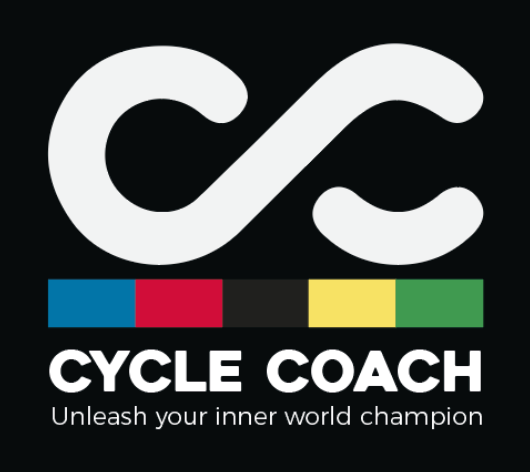The Skinny on Nutrition
There are 3 types of food that our body’s need daily, and these aren’t coffee, chips (fries) and cake (unfortunately). We need 3 macronutrients, which are protein, carbohydrates and fat, and are often called macros for short. Each of these macros provide our body with essential nutrients to keep us fuelled and perform different roles in doing so.
Protein
These are made up of amino acids and form the building blocks of our muscles. We need them to repair and develop new muscle and for various physiological functions. Typically, protein sources are beans, eggs, dairy, and meat, etc. However, protein can also be found in other macros in as well (for example there is protein in pasta).
Carbohydrates
These are the real fuels we need to perform at moderate to high intensity (we also use carbs at low intensity as well such as on endurance sessions) and almost certainly if you’re exercising hard you’ll be burning significant amounts of carbs. Typically, they’re found in potatoes, other starchy vegetables, pasta, bread, rice, etc.
Fats
Are also a fuel source (and part of training is shifting reliance from burning carbs to burning fats) and are used for a variety of physiological functions. Typically, they’re in oil, butter, and frequently within naturally occurring protein sources (such as dairy, meat, eggs), or added to some carbohydrates (such as donuts where flour and fats and other ingredients are combined).
Athletic Nutrition
How much you need to eat, and what quantities of each macronutrient you need will depend on a variety of aspects that include, the type of training you’re doing (e.g., high intensity, versus endurance training), your absolute fitness level (e.g., a cyclist riding the Tour de France will require much more energy than someone training for 6 hrs/week), your training volume, age, gender, health, and training goals (e.g., are you aiming to maintain your weight, lose weight, or gain weight). For athletes who train 8 hours/week or more (and bear in mind this is not a hard or fast rule) you’re likely going to need more food than the average person.
Protein Requirements
In a recent blog post about master’s athletes, I touched upon the need that masters athletes will require more protein than younger athletes to help with muscle building and recovery. This is the case for males and females and also applies to younger athlete’s (as well as older athlete’s) if they eat a plant-based diet (such as vegetarians, or vegans). For example leading exercise nutrition scientist Asker Jeukendrup (www.mysportscience.com) suggests that athletes around 50 yr old, should aim for 0.4g of protein/kg body mass, 4 to 5 times per day. Accordingly, a 65 kg athlete should be consuming ~130g of protein per day (2.0 g/kg body mass). It’s entirely likely, that a masters athlete who eats a solely plant based diet may require more than 2.0 g/kg/day due to the lower bioavailability of amino acids found in a plant based diet. Younger athletes may require around 1.2g to 1.8g of protein/kg body mass/day.
Carbohydrate Requirements
Will vary depending on your training (intensity and volume) and absolute fitness level. However, it’s likely that carbohydrate requirements will be in the region of 4 to 10g/kg body mass. That 65 kg athlete would need 260 to 650 g of carbohydrates per day depending on training, etc. However, if your training is extreme or you’re riding the Tour de France, you’ll potentially need ~12g/body mass of carbohydrates per day.
Fat Requirements
The amount of fat you need will vary upon the time of year and training you’re doing but should not be eliminated from your diet – 15 – 35% of your calories should come from fat. If you’re consuming ~2600 Kcal/day then at the lower end (~15%) that would equate to about 50g of fat.
In terms of importance, it’s crucial to ensure that you’re eating sufficient protein and carbohydrates. Initially, when planning your macros for the day, start with your protein requirement, then carbohydrates. Under fuelling with these macronutrients can lead to decreased performance initially, and if that continues to RED-S (relative energy deficiency in sport). This can affect both male and female athletes and can be an eating disorder. RED-S can cause amenorrhoea (cessation of menstrual cycle in females) and osteoporosis in both male and female athletes, as well as a multitude of other issues.
To help our athletes ensure they’re fuelling correctly, whether they’re wanting to lose weight, maintain weight, or gain weight we’re partnering with FuelFood so that your macros can be calculated based off of your training. This is ideal for many athletes and provides help on planning what meals to eat as well. However, if you’re struggling with your weight or fuelling and need some detailed help I’d strongly recommend working with James Bonham at Top Step Nutrition.
All our coaching comes with cycle/triathlon coaching, nutrition plans, and strength and conditioning work so that you can be at the top of your game whichever discipline(s) you do. You can see our coaching here or email me with any queries you have!
